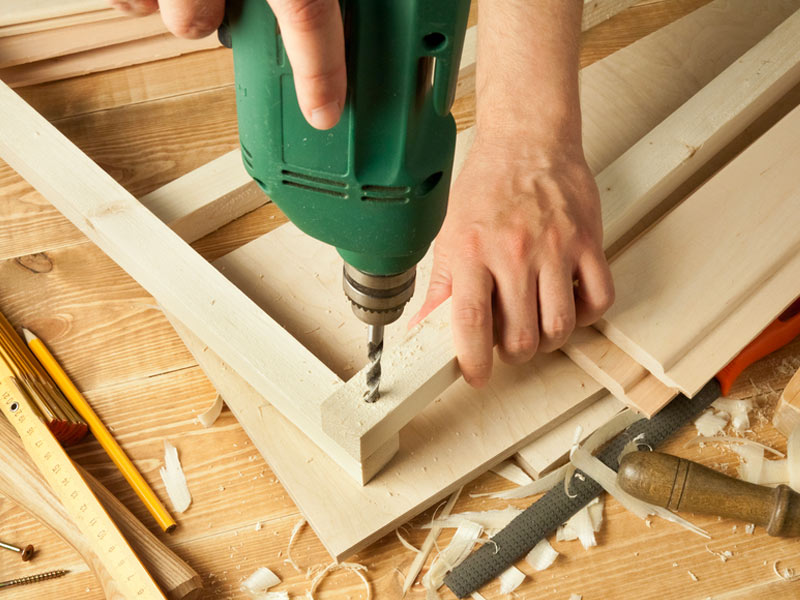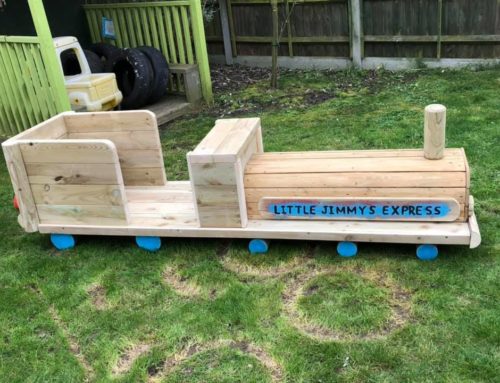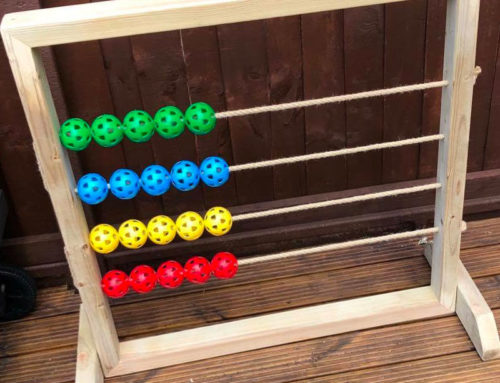Piles of plastic toys take up space in many family homes in the UK. If you’re a parent, then you’ll know how tricky it can be to avoid buying them, whether it’s diggers, dolls houses or building bricks. The UK’s toy industry is massive – last year consumers spent £370m on them.
But environmentalists say this is contributing to the amount of plastic ending up in landfill and oceans, and the new trend is to source naturally produced wooden toys.
A poll by the British Heart Foundation found that more than a quarter of parents admit to throwing away toys that are in perfect working order. It spoke to more than 2,000 people and found children have an average of four toys they’ve never played with.
Can toys ever be environmentally friendly?
Whilst we don’t know exactly how much of the plastic that ends up in landfill comes from toys, green campaigners say that consumers can help reduce the amount in circulation.
Friends of the Earth says there are ways to cut back on buying plastic toys – things like toy libraries, passing toys on, buying less, borrowing off friends and sharing more.
Greenpeace UK told the BBC it doesn’t count plastic toys as ‘single-use plastics’ as they can be used time and time again.
How easy is it to be more environmentally friendly?
“Toys are far from single use plastics, as we know from research that they stay within a household for approximately 10 years and tend to then be passed on to charities, friends and families,” Natasha Crookes from the British Toy and Hobby Association says. The organisation claims many toys will last between 15-20 years before they enter the waste stream.
Making toys out of recycled plastic might not be the answer either. “Recycled plastics are rarely able to be used in the process of manufacturing toys due to the uncertainty of the chemical composition of recycled plastic,” Natasha says.
“It could contain one of the thousands of chemicals restricted under toy safety legislation.” ‘It’s all about buying good quality natural toys’ and avoiding plastic altogether and buying toys out of sustainable materials could be the answer.
There are loads of new eco-style brands that offer toys made from sustainable wood and recycled materials, and whilst they can be more expensive, they also offer a number of benefits that low grade plastic toys don’t, with sensory stimulation being one of the most noted. They are also less likely to be thrown away, and are often passed on to organisations such as schools or nurseries.
If I buy wooden toys, how easy is it to recycle my old plastic toys?
Rather than throwing out an old plastic train set if it’s damaged, it’s worth checking with your local recycling centre if they’ll take it.
Plastic toys and games can’t be collected as part of your household recycling scheme, according to the Recycle Now campaign group.
“If your toys and games are beyond repair, it may still be possible to recycle some of the parts if you dismantle them – and this includes batteries and battery packs from remote controls which should be removed and recycled.”
Source: BBC




Leave A Comment